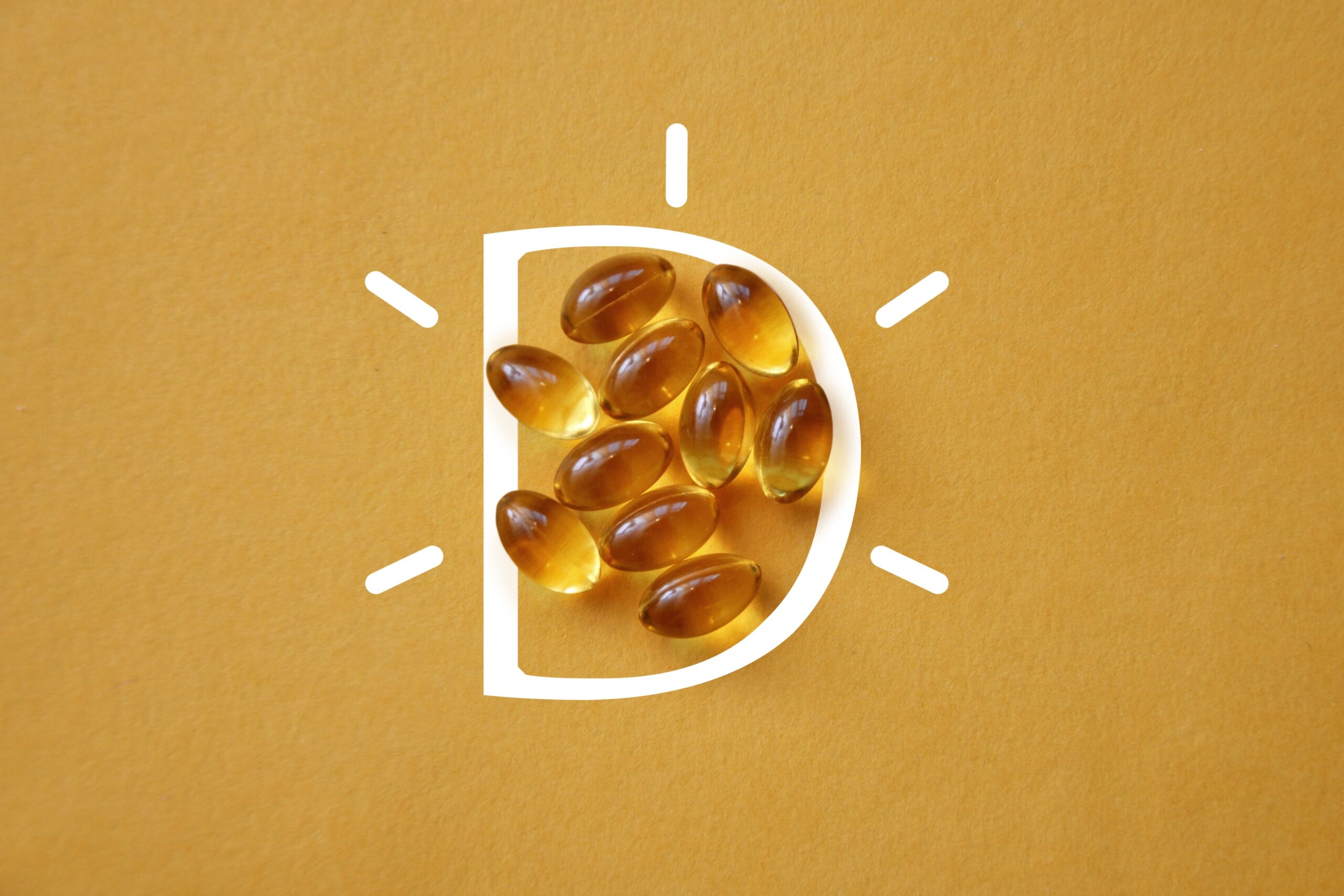Could the very nutrients you’re consuming actually be sabotaging your vitamin D absorption?
Story Snapshot
- Vitamin D absorption is influenced by dietary fat, fiber, medications, and genetics.
- Long-chain fatty acids and high dietary fiber may inhibit absorption.
- Fat-blocking medications can reduce vitamin D uptake.
- Personalized supplementation strategies are increasingly important.
Unveiling Hidden Barriers to Vitamin D Absorption
Vitamin D, often dubbed the “sunshine vitamin,” is crucial for bone health and immune function. Despite the widespread intake of supplements, many still grapple with deficiency symptoms. Recent studies delve into why some might not be reaping the full benefits of supplementation. The focus is on unsuspecting inhibitors like dietary fiber, specific fats, medications, and genetic factors that could be hindering absorption.
Historically, vitamin D absorption was viewed as straightforward, relying mainly on passive diffusion. However, advances in molecular biology have unveiled a more intricate process involving protein-mediated transport. This revelation shifts the narrative, emphasizing the complexity of absorption and the potential for various factors to disrupt it.
Watch:
The Role of Diet and Medication
Dietary habits can significantly impact how well your body absorbs vitamin D. High intake of dietary fiber and long-chain fatty acids has been identified as a possible barrier. Fiber, often lauded for its health benefits, might ironically impede vitamin D absorption. The same goes for certain fats, highlighting a delicate balance between nutritional components.
Medications, too, play a role. Fat-blocking drugs, such as orlistat, can inadvertently reduce vitamin D uptake, presenting a dilemma for those on weight management regimens. The intertwining of medication and nutrient absorption underscores the need for careful consideration in treatment plans.
9/ 🤔 Factors affecting Vitamin D absorption include low stomach pH, gut inflammation, and kidney problems. #AbsorptionFactors
— Beef Initiative 🇺🇸 BeefMaps.com (@beefinitiative) October 23, 2023
Genetic Variations and Their Impact
Genetic variations add another layer of complexity to vitamin D absorption. Specific genes influence the proteins and enzymes involved in the process, leading to variability in absorption efficiency. This genetic perspective is crucial for understanding why some individuals may require different supplementation strategies.
The intersection of genetics and nutrition opens doors to personalized approaches. Tailoring vitamin D supplementation based on genetic makeup could optimize absorption and efficacy, paving the way for more targeted health interventions.
Implications for Health and Industry
These findings have profound implications for both individuals and the supplement industry. On a personal level, ineffective vitamin D absorption can lead to persistent deficiency, affecting bone and immune health. For the healthcare system, this translates into potential increases in related health conditions and associated costs.
For the supplement industry, these insights drive innovation toward more bioavailable formulations. The demand for products that account for dietary and genetic factors is growing, encouraging research and development investments in absorption-enhancing technologies.
Sources:
Consensus
PMC5643801
Nature
Endocrine Reviews
Harvard Health
Linus Pauling Institute
Frontiers in Nutrition








